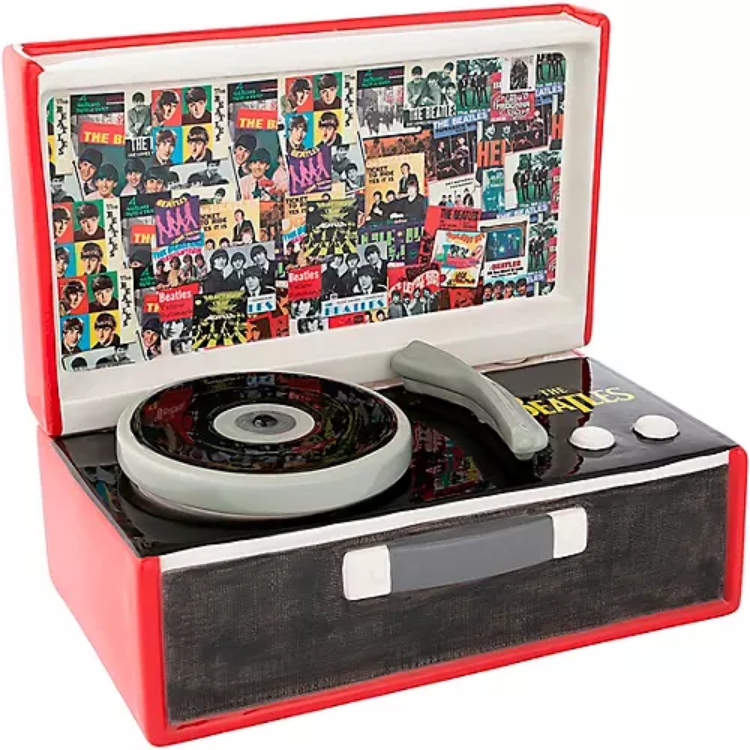Nothing much happening today.
- Register
- Log in to Tune-In
- Wishlist (0)
-
Shopping cart
(0)
You have no items in your shopping cart.
A Day in the Life Blog
Today there was a session from 2:30 to midnight. Overdubs were added to three Abbey Road songs and George Harrison added extra lead guitar to the chouruses. Then he and Paul taped more vocals to "Silver hammer, man".
Then the attention returned to Something, which had been started in May 1969 but left unfinished. On this day Harrison recorded his lead vocals, which he double-tracked in the choruses.
The eight-track tape was now full, so a reduction mix was required to allow for further work on Something. This mix was numbered take 37, and combined the piano and lead guitar onto track one, and both vocal tracks onto track seven. Otherwise the recording was unchanged: drums remained on track two, bass guitar was on five, rhythm guitar was on track six, and Billy Preston's organ part was on eight.
It has been reported that Harrison later re-recorded his lead guitar part during the 15 August orchestral overdub session. However, the take 37 reduction mix made on this day contains Harrison's final solo, recorded on 5 May.
Tracks three and four were left clear for the time being. Harrison re-recorded his vocals later that week, however, rendering this reduction mix unnecessary. Four rough stereo mixes were also made during this session.
The session ended with a bass guitar part added to You Never Give Me Your Money, which was played by Paul McCartney and recorded onto track seven of the tape.
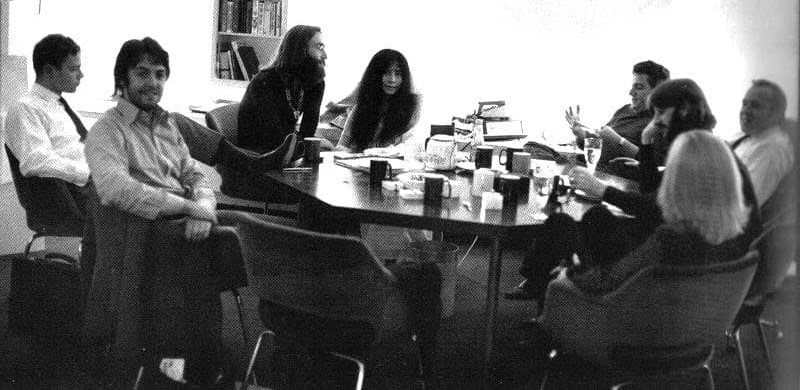
The Beatles began recording of the Abbey Road song Maxwell's Silver Hammer on this date.
Over a week earlier, John Lennon and Yoko Ono had been in a car crash in Scotland, and this was his first session back after recuperating from the accident. Yoko's injuries were more severe and a huge double-bed was taken to the studio. An ambulance brought Yoko in and she was lowered down onto the bed, with a microphone over her in case she wanted to participate - Martine Benge, the studio technician remarked 'Now we've seen it all, folks!'
Maxwell's Silver Hammer had previously been performed the previous January during the Get Back/Let It Be sessions. Paul McCartney was convinced it was a potential single, but the rest of the group were less enthusiastic.
Aside from a Moog overdub in August, the song was completed in three consecutive sessions in July 1969. On this first day 16 takes of the backing track were recorded, with McCartney on piano and guide vocals, George Harrison playing bass guitar, and Ringo Starr on drums.
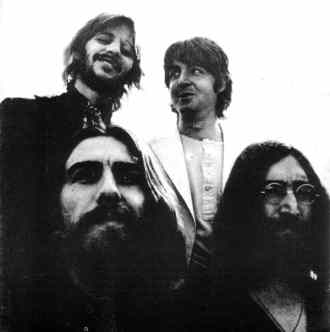
It's not considered one of the Beatles' most notable tunes. It even came close to making our list of their worst songs. "Maxwell's Silver Hammer" is nonetheless important for other reasons.
On July 9, 1969, they began recording the track with one of the most famous stories in Beatles lore -- and a memorably old-fashioned sound to boot. The Beatles were rock n' rollers, but except for the Kinks, no other major British rock band was as influenced by British music hall as they were. The style -- not dissimilar from American vaudeville -- infused their wit, and several other late-period songs: "Penny Lane," "Honey Pie" and "Your Mother Should Know" owe a debt to the genre.
Those tracks, as with "Maxwell's Silver Hammer," were all written by Paul McCartney, whose perfectionist and domineering ways had alienated the other three members throughout attempts earlier in the year to record the LP that would become Let It Be. The story of this song, in fact, stretches across two albums: A clip of them rehearsing it -- complete with Paul calling out the chords -- is in the documentary from those prior sessions. And while most of the recording for Abbey Road went far more smoothly, the other Beatles were none too happy when McCartney returned to this jaunty little ditty about a man who seduces and kills women.
Source: ultimateclassicrock.com
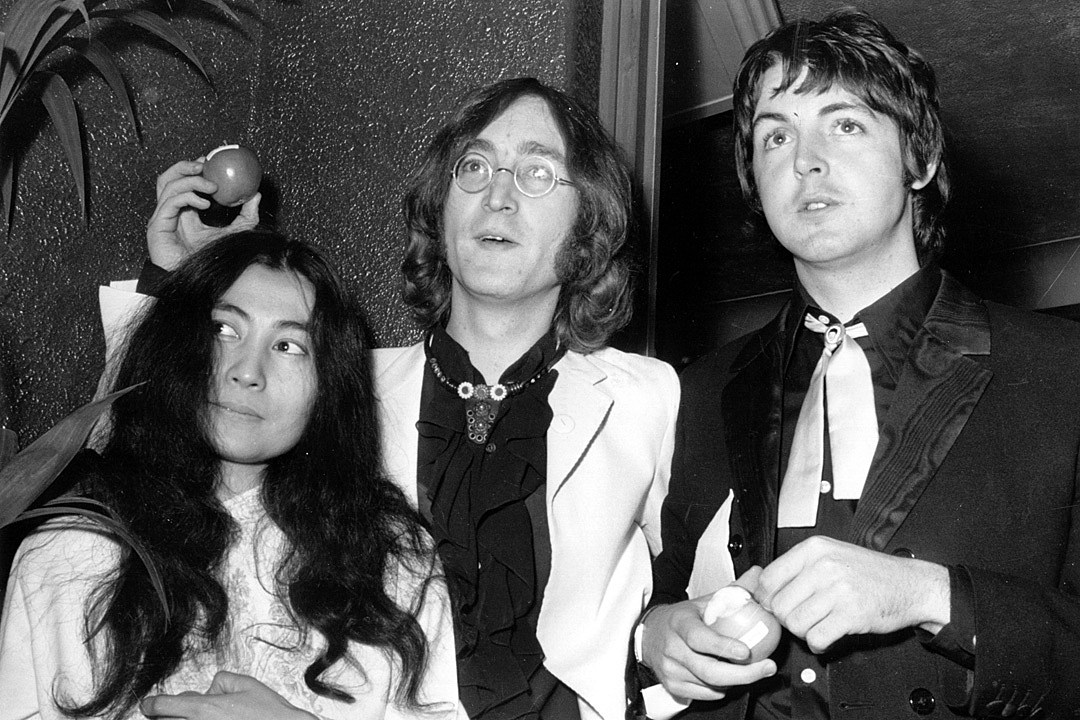
The Beatles in the recording studio (Studio Two, EMI Studios, London). Recording overdubs for Here Comes the Sun. John Lennon is absent.
US release of the John Lennon / Plastic Ono Band single Give Peace a Chance / Remember Love (Apple). 9 weeks on Billboard chart; highest position #14.
The Beatles were in the recording studio (Studio Two, EMI Studios, London). Recording Here Comes the Sun (13 takes and an overdub). John Lennon is still absent due to his automobile accident in Scotland.
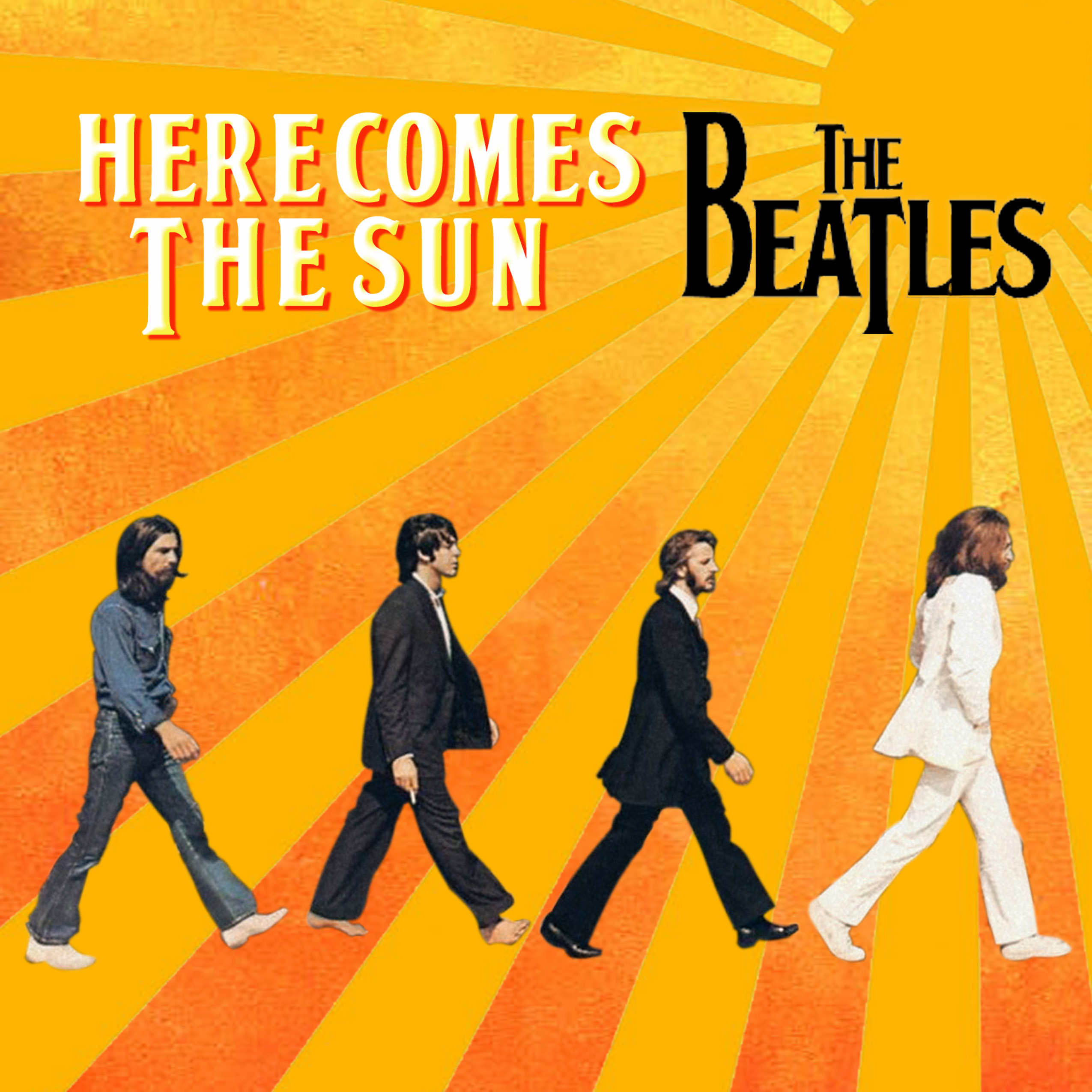
The Beatles in the recording studio (Studio Two, EMI Studios, London). Recording overdubs for Golden Slumbers / Carry That Weight. The Beatles (Paul McCartney, George Harrison, and Ringo Starr) take some time off to listen to the BBC radio broadcast of the ladies' Wimbledon tennis championship. John Lennon has not yet recovered from injuries sustained on July 1 in an auto accident in Scotland.
- 1962
- 1963
- 1964
- 1965
- 1966
- 1967
- 1968
- 1969
- 1970

